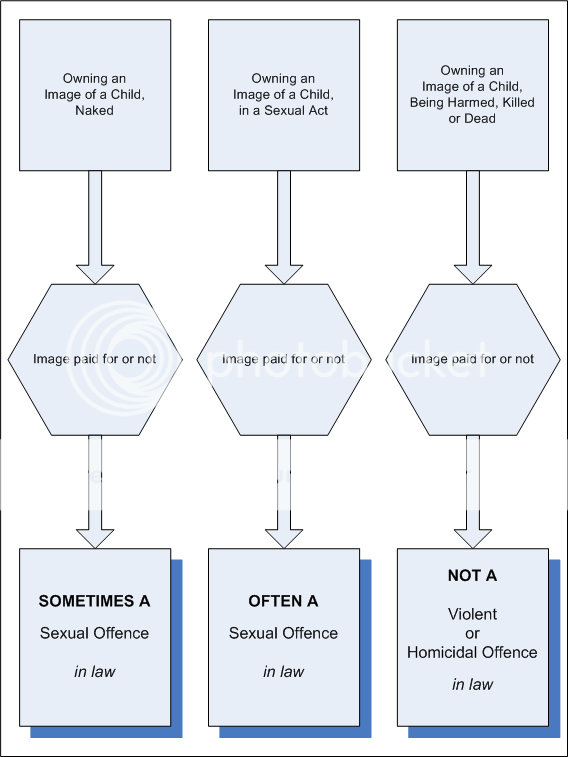"WP/UJ/Cookies
Nigel Oldfield, 7 Mar, to casework, casework@ico.gsi.gov.uk
Dear Sir or Madam,
I refer you to my previous communication:
*****
Nigel Oldfield 24/12/2012
Dear Sir or Madam,
As you may be aware, the DWP appears to be on the verge of making access to The Universal Jobmatch system, mandatory, for those claiming certain benefits.
The system uses multiple cookies, from the DWP/Monster, so as to monitor claimants' activities, whenever it will choose to do so.
It appears, that the suggested mandatory nature, can only require, that these cookies be accepted and maintained; to not do so, will lead to sanctions and loss of benefits.
For personal, security, reasons, I clean my PC, at regular intervals. I am sure you will recognise, how these conflicting issues will be a problem, in the future, for many users.
Have you (or others) done any preliminary work, with the DWP (or others), on the legality and ramifications, of this issue?
I look forward to your reply.
Yours,
Dr Nigel Leigh Oldfield"
Reply
"Response from the Information Commissioner's Office[Ref. ENQ*******]
casework@ico.org.uk, 14:38 (1 hour ago), to me, PROTECT, 28 March 2013
Case Reference Number ENQ*******
Dear Dr Oldfield
We are now in a position to provide you with a response to your enquiry regarding the DWP’s Universal Jobmatch system and we apologise for the length of time it has taken to respond to you.
Following a number of enquiries/complaints which we received regarding the DWP and the new Universal Jobmatch service, our Strategic Liaison department contacted the DWP to raise concerns about the new online service, particularly in relation to the quality of information about the service, security of the site and contradictory messages about whether it was mandatory or not. We also highlighted to the DWP people’s concerns about the wording of the terms and conditions, particularly the disclaimers about who could access people’s information, and the lack of clarity about who was the data controller for the online service.
Organisations that process personal information are required to do so in accordance with the principles of the Data Protection Act 1998 (DPA). The first data protection principle states that personal data shall be processed ‘fairly and lawfully’ and a key element of fairness is ensuring people know who is processing their information and how it will be used. We raised our concerns with the DWP and advised that they should review the information they were providing to ensure it complied with the DPA requirements and we recommended that privacy notices should be visible, easy to access and written in a way that could be easily understood by their client group. We also advised of the lack of clarity about which organisation was responsible for the personal data on the Universal Jobmatch online service.
DWP confirmed that the Universal Jobmatch site is a separate, bespoke job search site created for DWP by Monster. It also confirmed that security safeguards had been built into the site but accepted that the disclaimers in the terms and conditions made it appear that this was not the case. DWP informed us that the site was secure and they would look again at the privacy notice and terms and conditions to ensure these complied with the DPA.
In response to contradictory information about whether the service was compulsory or not, DWP confirmed on 28 February that Jobseeker Allowance claimants could be required to use the Universal Jobmatch service from 1 March 2013, and that this could well be mandatory.
It would appear that to a large extent the enquiries/complaints we have received mainly resulted from unclear information provided through either their websites or staff. We now understand after consulting with the DWP that they have revised the privacy policy, provided additional guidance to advisers, produced leaflets and used easier to understand information about the scheme. We also understand that the terms and conditions have been replaced by a webpage on ‘standards of behaviour for jobseekers’ (see link below). DWP has also assured us that they have taken additional steps to guard against bogus employers, including increased checks on employer and vacancy details.
https://jobsearch.direct.gov.uk/register.aspx?redirect=http%3a%2f%2fjobsearch.direct.gov.uk%2fhome.aspx
Moving forward from this point
If you now have any further concerns in relation to the Universal Jobmatch process, its implementation or the DWP services then you will need to raise these directly with the DWP. It is not within our remit to comment on how this process works or the fact that this has now become a mandatory process.
If you wish to raise concerns with the DWP you can access information about their complaint process through this link - http://www.dwp.gov.uk/contact-us/complaints-and-appeals/
We are satisfied that the DWP have taken on board the nature of the complaints and enquiries we have received in relation to Universal Jobmatch and matters of concern with the DPA and that they have put the necessary steps in place to comply with the DPA.
Therefore, if you have specific concerns in relation to your personal data and compliance with the DPA, then in the first instance you would need to raise this in writing with the DWP to give them the opportunity to look into your concerns and respond to you.
If after doing this you are not satisfied with their response you may be able to raise this as a complaint with our office, for further information on this process please helpline on 0303 123 1113 to discuss your concerns.
I appreciate that this information may not address all your concerns but hope this satisfies the DPA element for which our office regulates. If you wish to know more about the DPA please see our website www.ico.org.uk Yours sincerely
Thomas Booker
Case Officer - First Contact Group
Information Commissioner’s Office
Direct dial number - 01625 545552
____________________________________________________________________
The ICO’s mission is to uphold information rights in the public interest, promoting openness by public bodies and data privacy for individuals.
If you are not the intended recipient of this email (and any attachment), please inform the sender by return email and destroy all copies. Unauthorised access, use, disclosure, storage or copying is not permitted.
Communication by internet email is not secure as messages can be intercepted and read by someone else. Therefore we strongly advise you not to email any information, which if disclosed to unrelated third parties would be likely to cause you distress. If you have an enquiry of this nature please provide a postal address to allow us to communicate with you in a more secure way. If you want us to respond by email you must realise that there can be no guarantee of privacy.
Any email including its content may be monitored and used by the Information Commissioner's Office for reasons of security and for monitoring internal compliance with the office policy on staff use. Email monitoring or blocking software may also be used. Please be aware that you have a responsibility to ensure that any email you write or forward is within the bounds of the law.
The Information Commissioner's Office cannot guarantee that this message or any attachment is virus free or has not been intercepted and amended. You should perform your own virus checks. __________________________________________________________________
Information Commissioner's Office, Wycliffe House, Water Lane, Wilmslow, Cheshire, SK9 5AF, Tel: 0303 123 1113 Fax: 01625 524 510 Web: www.ico.org.uk"
*****
Universal Jobmatch website – Standards of Behaviour for Jobseekers (DWP)
*****
Nigel

